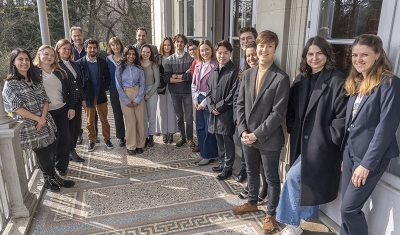The National Recommendations Tracking Database (NRTD) stands out as an interactive web application dedicated to assisting states in the planning and monitoring of their human rights obligations and Sustainable Development Goals (SDGs). It is designed only for the use of states (National Mechanisms for Implementation, Reporting and Follow-up and human rights focal points).
A distinctive feature of the NRTD lies in its capacity to automatically import and consolidate all recommendations related to a specific country from United Nations (UN) human rights mechanisms, including treaty bodies, special procedures, and the Universal Periodic Review, indexed by themes, concerned groups, and SDGs. This centralized approach ensures that states have a comprehensive repository of recommendations at their disposal, streamlining the process of implementation, tracking and reporting.
What sets NRTD apart from other tracking tools is its entirely free-of-charge model, hosted, developed, and maintained by the Office of the High Commissioner for Human Rights (OHCHR), making this tool accessible to all states, irrespective of financial constraints.
The NRTD goes beyond one-size-fits-all solutions by offering customizable features designed to adapt to individual countries' institutional setups and procedures. This flexibility ensures that the tool aligns seamlessly with the diverse requirements of States, enhancing tracking and reporting of the implementation of human rights recommendations. Moreover, the NRTD boasts a user-friendly interface fully translated into multiple languages, including English, French, Spanish, Arabic, Russian, and Portuguese. Furthermore, the interface can be translated into any national language. This multilingual support enhances accessibility and ensures users can engage with the database in their preferred language. As the NRTD comes with roll-out support from OHCHR’s Capacity Building Programme on the Human Rights Treaties, this support notably assists in customizing the tool to meet some specific needs of the user country.






